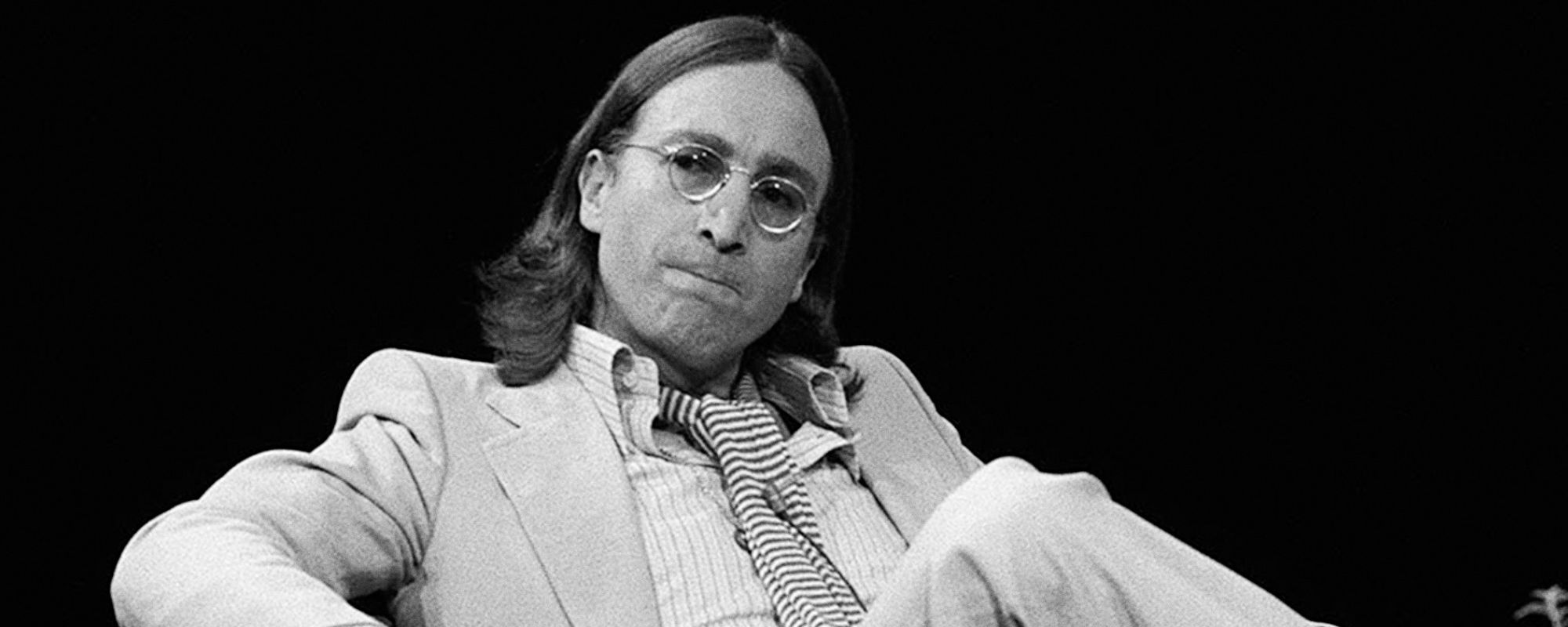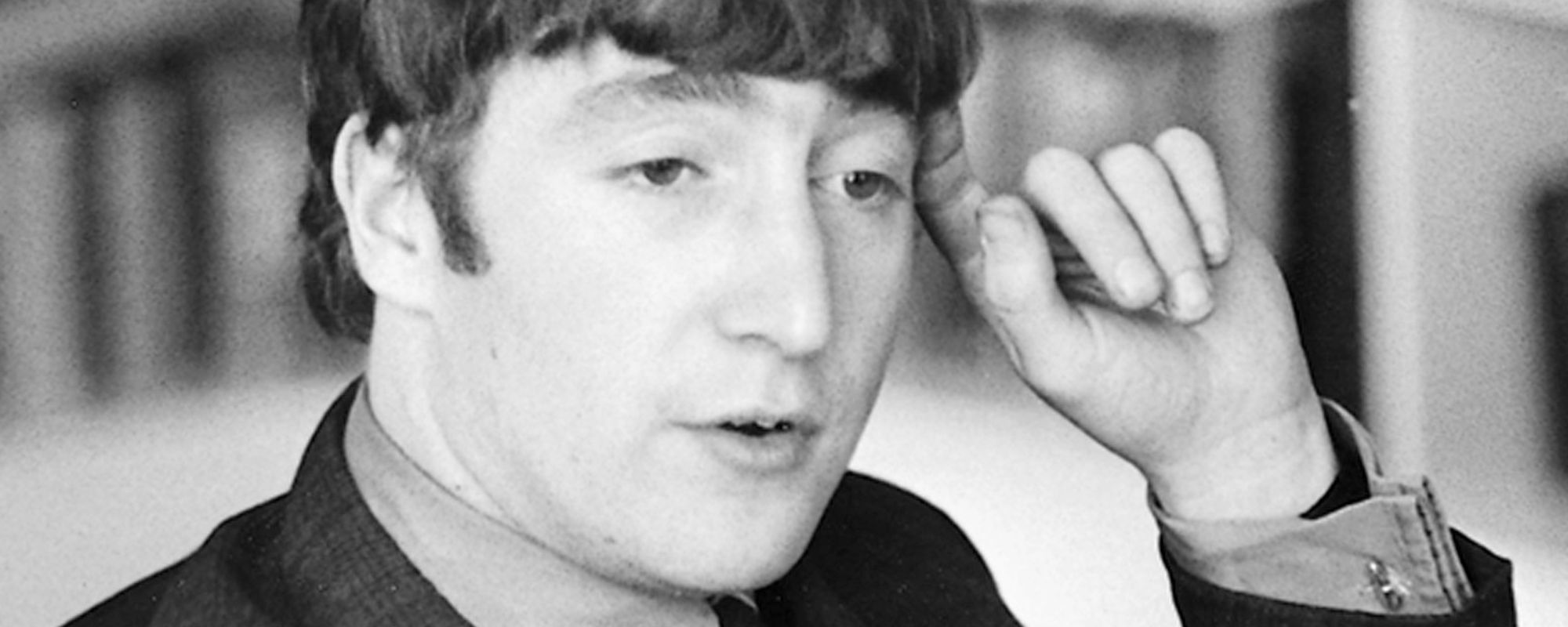John Lennon gave one of his final interviews to Playboy in September 1980, where he spoke about making new music with his wife Yoko Ono, along with many other aspects of their life together. Some interesting moments include the fact that he had settled into being a house-husband. This involved spending his days baking bread and taking care of his son, Sean.
Videos by American Songwriter
By this time, word had spread that Lennon and Ono were making music again after retreating from the public eye in 1975. When asked what he’d been up to, Lennon shared surprisingly freely.
“I’ve been baking bread and looking after the baby,” he said. When asked what else he’d been doing, he replied, “That’s like what everyone else who has asked me that question over the last few years says. ‘But what else have you been doing?’ To which I say, ‘Are you kidding?’”
Lennon continued, “Because bread and babies, as every housewife knows, is a full-time job. After I made the loaves, I felt like I had conquered something. But as I watched the bread being eaten, I thought, Well, Jesus, don’t I get a gold record or knighted or nothing?”
John Lennon Revealed That He Owed His Authenticity as an Artist to His Relationship With Yoko Ono
John Lennon was then asked why he became a house-husband. He apparently took to bread and babies as easily as he took to music. His answer was revealing, briefly touching on his time with The Beatles. He also explained the stresses of producing so much music in a short time.
“I had been under obligation or contract from the time I was 22 until well into my 30s. After all those years, it was all I knew. I wasn’t free. I was boxed in,” he explained. “My contract was the physical manifestation of being in prison. It was more important to face myself and face that reality than to continue a life of rock ‘n’ roll.”
Lennon then admitted, “Rock ‘n’ roll was not fun anymore.” Yoko Ono, who was also participating in the interview, explained the contract prison in art terms.
“John was like an artist who is very good at drawing circles,” she said. “He sticks to that and it becomes his label … It doesn’t reflect his life at all. When you continue doing the same thing for ten years, you get a prize for having done it.”
Of the pressure to produce album after album, Lennon explained, “I had become a craftsman and I could have continued being a craftsman. I respect craftsmen, but I am not interested in becoming one.” He continued, “I had lost the initial freedom of the artist by becoming enslaved to the image of what the artist is supposed to do.”
How Did Lennon Get Out of the Prison of Churning Out Records?
Conducting the interview for Playboy, writer David Sheff asked John Lennon, “Most people would have continued to churn out the product. How were you able to see a way out?”
Lennon replied easily, “Most people don’t live with Yoko Ono.” He then elaborated, “Most people don’t have a companion who will tell the truth and refuse to live with a bulls–t artist, which I am pretty good at. I can bulls–t myself and everybody around. Yoko: That’s my answer.”
As Lennon explained, he was stuck in a loop of “carrying on.” Putting out multiple records on a schedule “from 1962 to 1975,” he said. What Ono did for him was “[show] me the possibility of the alternative.”
As for becoming a house-husband, Lennon explained. “When I was cleaning the cat s–t and feeding Sean, [Yoko Ono] was sitting in rooms full of smoke with men in three-piece suits that they couldn’t button.”
Ono took care of their business while Lennon took care of their house. A total role reversal, they explained, because people assumed too much about them.
“When John and I would go out,” Ono said, “people would come up and say, ‘John, what are you doing?’ but they never asked about me, because, as a woman, I wasn’t supposed to be doing anything.”
Photo by Susan Wood/Getty Images













Leave a Reply
Only members can comment. Become a member. Already a member? Log in.